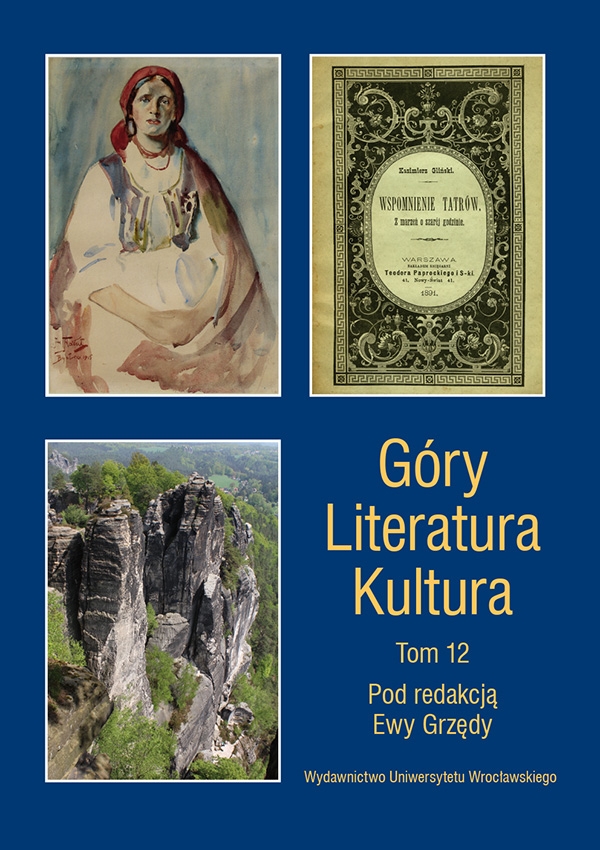

Artykuły i rozprawy

The Carpathian Skiing Society in Lviv
Very few people interested in the history of Polish skiing realise that it began in the second half of the 19th century in Galicia. It was first in the Eastern Carpathians that skis began to be used by foresters wanting to move more easily in their work and slightly later by tourists in their highland treks. In the late 19th century skiers appeared in Lviv, where in the early 20th century the sport began to be promoted by the Popular Entertainment Society. This was also where various institutions dealing with skiing were established, institutions like the Skiing Section of the Czarni Sports Club and, above all, the Carpathian Skiing Society founded in early 1907, the first Polish association seeking to popularise skiing as its main objective. The society’s founders included Kazimierz Panek, Maksymilian Dudryk, Zygmunt Klemensiewicz, Roman Kordys and Eugeniusz Romer, i.e. well-known mountaineers, tourists or even skiers. In addition to popularising skiing, e.g. by conducting training courses and publishing various manuals, the Society soon brought about a construction of a hostel in Sławsko. The resort became a favourite among Lviv skiers because of the excellent skiing conditions and good railway connection to Lviv. Burned during the war in May 1915, it was quickly rebuilt after the war and faithfully served tourists throughout the interwar period. On the day of its reopening, 11 March 1923, the Polish Skiing Association organised the 4th Polish Skiing Championship in Sławsko. By establishing its regional branches, the Carpathian Skiing Society promoted tourism in the Carpathians, initially in Galicia, and then throughout the Carpathian region in the Second Polish Republic. Kraków was the seat of a branch of the Society, which gave rise to another association, another important contributor to the development of Polish skiing — the Tatra Skiing Society. In 1919 the two organisations, together with three others, founded the Polish Skiing Association. Initially, the Society was active both in sport and tourism; later, given the easier access to Alps-type mountains with better snow conditions the Tatras for skiers from Zakopane, skiers from the region achieved much better results than their Lviv counterparts. The most important sporting achievements that should be noted include the successes of Janina Loteczkowa, who for several years in the second half of the 1920s had no equals in Europe. The Society was represented at the St. Moritz Olympics by Franciszek Kawa. In addition, the Society was instrumental in the construction of a professional ski jumping hill in Lviv. The 1930s were marked by a clear turn towards tourism, resulting in the construction and opening, in 1936, of a mountain hostel on Maryszewska. It is worth stressing, therefore, that such a relatively small organisation its membership never exceeded 400 in one year could do so much for the development of skiing in Poland.